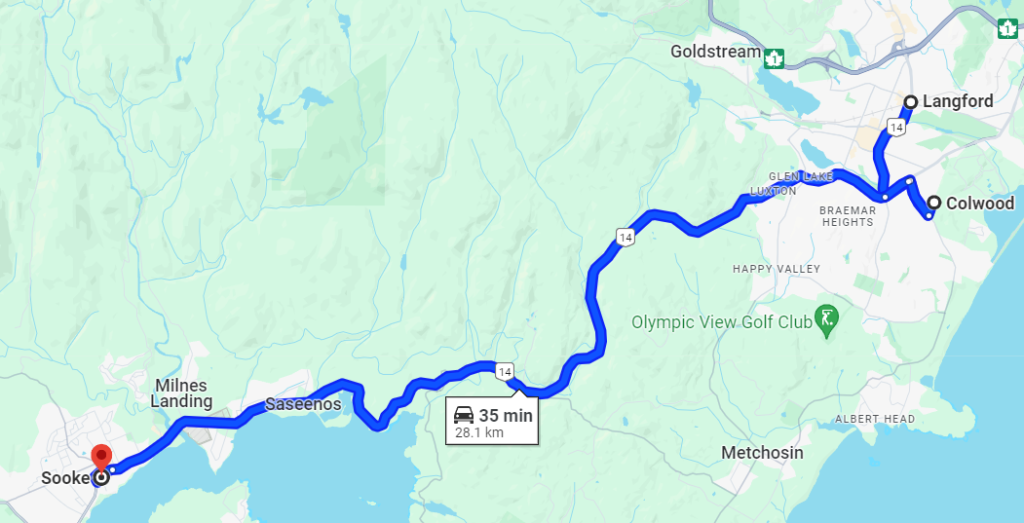Contemporary Social Policy Concerns in Canada: Social Work Responses.
 Oleksandr (Sasha) Kondrashov
Oleksandr (Sasha) Kondrashov
Saima Farooqi
Rayell Sellars-Sarnowski
Faculty of Education and Social Work
Thompson Rivers University
Recently I had the honour to present with my social policy students at the British Columbia Political Studies Conference in Thompson Rivers University. I had an extremely successful year teaching Canadian Social Policy course where 60 students completed current research on social policy concern in Canada and two students decided to share their exemplary work with conference participants on an early Friday morning presentation. Jeffrey McNeil was a wonderful chair of the session and welcomed everyone to the panel and provided detailed feedback to all participants.
I had an opportunity to share about the course assignment in a presentation Social Policy Concern paper: Social work students’ responses to a contemporary concern in Canadian social policy. The assignment is used in teaching undergraduate social policy course that allows students to design individual research in the area of students’ interest to address specific social policy concern. The procedure on how students complete their multi-part assignment was discussed, including the selection of social policy concern using the 6A criteria for researching existing piece of Canadian legislation: availability of services, accessibility of services, the acceptability of services, affordability of services, appropriateness of services, and adequacy of services. I shared the examples of social policy concerns selected by students and implications for social work practice in addressing current Canadian social policy concerns.
After my presentation, Saima Farooqi shared her research on Availability of Legal Status for Stepparents in Alberta in a Parental Role for Children Under 18 Years in Blended Families. Saima emphasized that stepfamilies are increasing in number in Western societies. Remarriage and cohabitation are a rising phenomenon. Blended families are fast becoming an important family structure that results in complex relationships. Adults and children are challenged by the ambiguous roles that they may encounter in the new family dynamics. Canadian policy has also failed to recognize the current reality of multiple parents and parenting legally. The Family Law Act of Alberta lacks in defining and stating rights and roles of stepparents living in blended families, albeit child support obligations are outlined. Also, there is much literature and research providing support for ex-partners and their children, but there has been less focus on blended families, their systematic rights, roles, and expectations. The objective of Saima’s presentation was to contribute towards understanding the influence of social perceptions on blended families, and the significant issues faced by stepparents in blended families in their day-to-day lives regarding their rights, roles, and expectations. Based on a critical perspective, the Ms Frooqi presented proposals to overcome limitations in Canadian policy to create availability of a structural framework that acknowledges and appreciates blended families as a norm in our society. She also discussed the policy implications for needed changes in Alberta Family Law.
The final presentation in our panel was given by Rayell Sellars-Sarnowski on Inappropriate criteria for registration of status Indians. Rayell shared with the audience that the adverse effect that the Indian Act has had, and continues to have, on Indigenous peoples is palpable. Ms Sellars-Sarnowski provided insight on how inappropriate the policy is, an in-depth exploration of the implications that Indian status, as defined in the Indian Act, has on Indigenous peoples in Canada. The inappropriateness references the use of ‘Indian’, and the exclusion of Métis and Inuit peoples from Indian status. The Indian Act also inappropriately provides the government with the right to unethical management of status Indians, due to delegated authorities that exclude Indigenous leadership. While it can be seen that there is a need for revision to the Indian Act and Indian registration, many who are uninformed about the issue may be resistant to the changes. Registration concerns should be taken into consideration by the government of Canada to end the systemic oppression of First Nations, Métis and Inuit peoples. This discussion may ensure that Indigenous status could transform into appropriate and beneficial legislation. It could potentially be the beginning of equity for Indigenous peoples in Canada.
After all presentation, the audience had an opportunity to ask questions. We had a lovely discussion, and some students in the attendance expressed interest in taking social policy course in the future as they also want to make a difference in social-policy making process. I want to thank Terry Kading for supporting our panel and encouraging TRU undergraduate students to share their research. Thank you also to everyone who came to our early Friday morning session. I hope Saima and Rayell will continue advancing their research and policy advocacy work and will present in the future conferences as everyone who was present commented on their excellent research topics and persuasive arguments in using social work lenses to influence Canadian social policy. I was extremely proud of my student work and hope more social work students keep challenging existing inequalities within Canadian social policy outside of the classroom. The assignment will be continuously used in the future offering of the course as a tool to ignite student interest in current Canadian social policy concerns.





Leave a comment